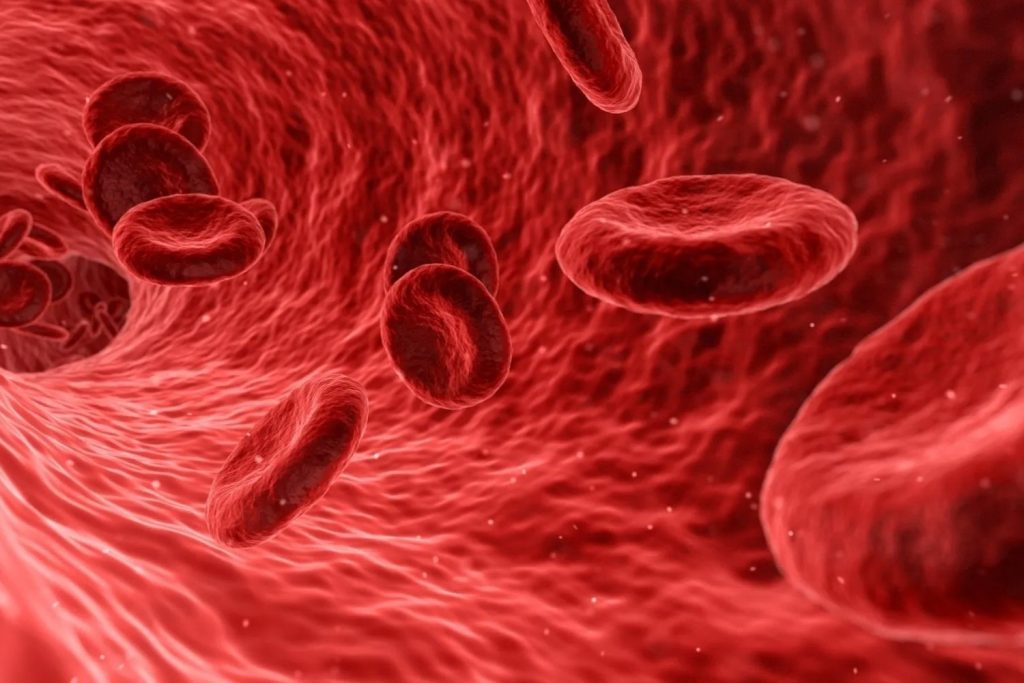In the tapestry of human history, few stories are as compelling as the battle against invisible enemies lurking within our own genes. Thalassaemia, a genetic blood disorder, stands as a testament to this ongoing struggle, affecting millions with its shadow. Recognized globally on May 8, International Thalassaemia Day not only shines a light on this condition but also celebrates the leaps in medical science that have transformed lives. From ancient texts in India and China to groundbreaking discoveries in the 20th century, the journey of understanding Thalassaemia mirrors humanity's relentless pursuit of knowledge. This day isn't just about awareness; it's a call to arms for continued research, early diagnosis, and the quest for better treatments. As we mark this significant day, let's reflect on how far we've come and the road ahead in the fight against Thalassaemia.
Key Takeaway
Day Activities
-
Educational Workshops: Kicking off with a bang, International Thalassaemia Day packs a punch with educational workshops. These sessions are gold mines of information, where experts unravel the mysteries of Thalassaemia. They cover everything from the basics of the disorder, its history, to the latest advancements in treatment. Attendees leave not just enlightened but empowered, ready to spread the word.
-
Community Blood Drives: Next up, rolling up sleeves for a good cause! Community blood drives are a staple of the day's activities, embodying the spirit of giving and solidarity. These events are crucial, as they help maintain the blood supply needed by Thalassaemia patients. Plus, they're a fantastic way for folks to come together, showing that a little pinch can lead to a big impact.
-
Social Media Campaigns: Lastly, the digital realm buzzes with activity. Social media campaigns take the lead in spreading awareness far and wide. Using catchy hashtags and heartwarming stories, these campaigns aim to educate the public and rally support. They're a testament to how, in today's connected world, raising awareness is just a click away.
Interesting Facts
1. Origins in 1994
Thalassaemia International Federation proposed the day in 1994, aiming to boost global awareness.
2. WHO Recognition in 2004
In 2004, World Health Organization officially recognized International Thalassaemia Day.
3. Ancient Descriptions
First descriptions of Thalassaemia date back to 2000 BC in India and China.
4. Medical Milestone
Discovery of Thalassaemia was crucial for understanding genetic blood disorders and hemoglobin's role.
5. Celebrating Advances
International Thalassaemia Day celebrates progress in diagnosis and management, improving affected lives worldwide.
Why We Love This Day
-
Celebrating Medical Advances
Oh boy, isn't it something to cheer about when we think about how far we've come in understanding and treating Thalassaemia? Back in the day, folks had no clue what was causing all these health issues, but now, thanks to tireless research and some pretty smart cookies in the medical field, we've got a handle on managing this tricky genetic disorder. International Thalassaemia Day is like a high-five to all those brainy scientists and doctors who've made it possible for millions to lead better lives. -
Raising Awareness and Understanding
Let's face it, not everyone's a blood disorder expert, and that's perfectly okay. But, here comes International Thalassaemia Day, swooping in like a superhero to spread the word. It's all about getting people to sit up and pay attention to what Thalassaemia is and how it affects lives. Knowledge is power, right? By shining a spotlight on this condition, we're helping to break down myths, educate folks, and maybe even inspire some future medical whizzes to join the fight. -
Fostering Community and Support
There's nothing quite like finding your tribe, especially when dealing with something as challenging as Thalassaemia. This special day isn't just about the science; it's also about connecting hearts and hands. It brings together patients, families, and caregivers, creating a strong, supportive community that says, "Hey, you're not in this alone." Celebrating International Thalassaemia Day means celebrating the strength and resilience of those affected and reminding everyone that together, we can tackle anything.
Past & Future Dates
| Month | Day | Year |
|---|---|---|
| MAY | 8 | 2022 |
| MAY | 8 | 2023 |
| MAY | 8 | 2024 |
| MAY | 8 | 2025 |
| MAY | 8 | 2026 |
| MAY | 8 | 2027 |
| MAY | 8 | 2028 |
FAQ
Why is thalassemia day celebrated?
Thalassemia is a genetic blood disorder that affects millions of people around the globe. This disorder is common in people from Asia, Africa, the Middle East and Mediterranean countries. Thalassemia Awareness Day is celebrated to ensure equal access to treatment for all thalassemia patients.
What is thalassemia May 8?
Celebrated on the 8th of May, the International Thalassaemia Day is devoted to raising awareness amongst the general public and decision-makers about thalassemia, promoting and strengthening the lifelong and difficult struggle of patients against this severe blood disease, and commemorating all the people who are no …
What is the theme of the thalassaemia day in 2024?
The theme of World Thalassemia Day 2024 is ”Empowering Lives, Embracing Progress: Equitable and Accessible Thalassemia Treatment for All.”
How to celebrate World Thalassemia Day?
These activities may include educational seminars, blood donation drives, fundraising events for thalassemia research and patient support, awareness campaigns through media and social platforms, and advocating for improved healthcare policies and services for thalassemia patients.
